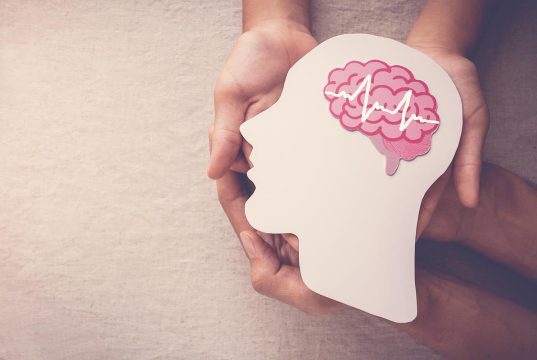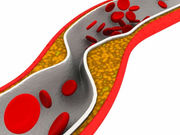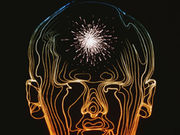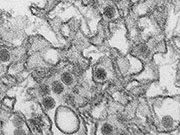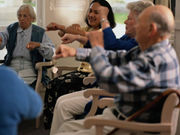Communication Program Doesn’t Raise Hospital Liability Costs
The few program events that met eligibility criteria for compensation were not costly to resolve
Patient With CAS of 50 Percent Should Not Undergo Screening
Vascular surgeon, primary care physician agree that patient should participate in trial
Skipping Breakfast Tied to Increased Odds of Atherosclerosis
Odds of noncoronary, generalized atherosclerosis up independent of traditional, dietary CV risk factors
Low-Dose Alteplase No Better for Acute Ischemic Stroke
No differences between low, standard dose in treatment effects for poor outcomes by age, ethnicity
Opioid Manufacturers to Provide Doctor Training
74 manufacturers of immediate-release opioids notified that drugs will be subject to requirements
September 2017 Briefing – Neurology
Here are what the editors at HealthDay consider to be the most important developments in Neurology for September 2017. This roundup includes the latest...
Meditation May Help With Cardiovascular Risk Reduction
Given low cost and risk, meditation may be viable adjunct to guideline-directed treatment
Single Mutation Made Zika Virus More Virulent
This viral polyprotein mutation increases microcephaly, mortality in mouse models
Embezzlement Widespread in Medical Practices
Red flags include employee being secretive about their work, working late, not wanting to share tasks
Nursing Home Use Up With Cognitive Impairment Category
One-year mortality especially high for those with prevalent dementia and any nursing home use


